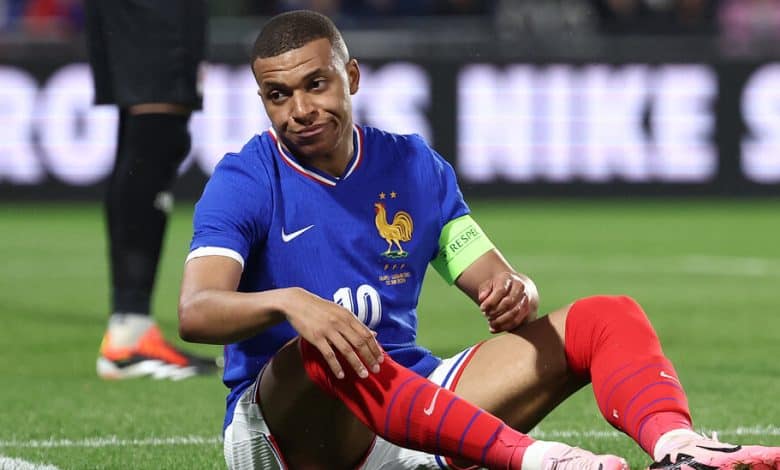A Club Soccer Fight Intrudes on Euro 2024

In front of the Brandenburg Gate in Berlin, the street has been blanketed in artificial turf, and a set of gigantic goal posts has been erected. On the waterfront in Hamburg, two dozen shipping containers have been painted in the colors of the competing nations. Part of Leipzig’s zoo has been handed over for a program of cultural events, though presumably not the bit with the tigers.
Across Germany, the flags are being draped, the marketing plans are being finalized and anything bearing the logo of something other than one of UEFA’s official sponsors is being unceremoniously hidden from view. After six years of planning, the European soccer championship — Euro 2024 — is just a week away. The teams will start arriving imminently. The fans, in the hundreds of thousands, will follow close behind them.
For the rest of Europe, meanwhile, these are the glorious, hazy days before the carnival begins — a time filled with bunting and sticker albums, stirring television montages, speculative lineups and sweet nostalgia. Or, rather, they should be, because it is hard not to suspect that everyone is going through the motions.
It’s not that there is no appetite for a tournament traditionally outshone only by the World Cup. But it is definitely of the muted variety. All of the emotions ordinarily associated with one of soccer’s showpieces — hope, excitement, fear, wonder about how England will sabotage itself — have been overshadowed by something else, something closer to ennui.
The most immediate explanation for why that might be probably lies in soccer’s calendar, which has fallen out of sync in the last four years. The men’s World Cup ended only 18 months ago. The last men’s European Championship was three years ago, not four. The game’s body clock has gone awry. It is as if the sport as a whole is suffering from jet lag.
